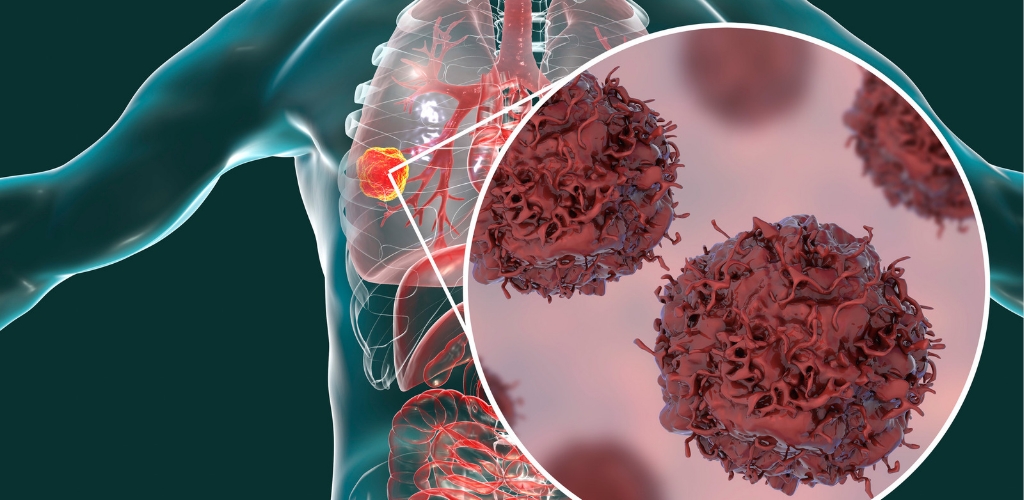Detecting biomarkers offers a solution to understand the complex pathogenesis of a disease. The major challenge lies in identifying unique molecular signatures in complicated biological mixtures which can unambiguously correlate to the biological events. A humongous amount of contribution comes from the high throughput ‘Omics’ technologies in biomarker discovery. Biomarkers stratify patient populations, quantify therapeutic benefits and identify underlying disease modifications. Many novel biomarkers have transitioned from research labs to clinical settings. One such example is the expanded newborn metabolic screening by mass spectrometry. The transcriptomics-derived biomarkers such as Mammaprint, Oncotype DX are designed to address risks of recurrence in breast cancer. This type of gene expression profiling is utilized in the development of prognostic indexes in cancers such as prostate and colon-cancer. Blood based biomarkers offer pain free prognosis in many neurodegenerative disorders such as Alzheimer disease, Parkinson and amyotrophic lateral sclerosis.
#Precision medicine #Omics #Breast cancer #Biomarkers #Oncology #Neurology
Q: Which aspect of Precision medicine can benefit the most?
- Personalized medicine
- Disease prevention
Further readings
- Simon R. Genomic biomarkers in predictive medicine: an interim analysis. EMBO Mol Med. 2011 Aug;3(8):429-35. doi: 10.1002/emmm.201100153. Epub 2011 Jul 11. PMID: 21744497; PMCID: PMC3377087.
- Baker M. In biomarkers we trust? Nat Biotechnol. 2005 Mar;23(3):297-304. doi: 10.1038/nbt0305-297. PMID: 15765081.
- Frank R, Hargreaves R. Clinical biomarkers in drug discovery and development. Nat Rev Drug Discov. 2003 Jul;2(7):566-80. doi: 10.1038/nrd1130. PMID: 12838269.




